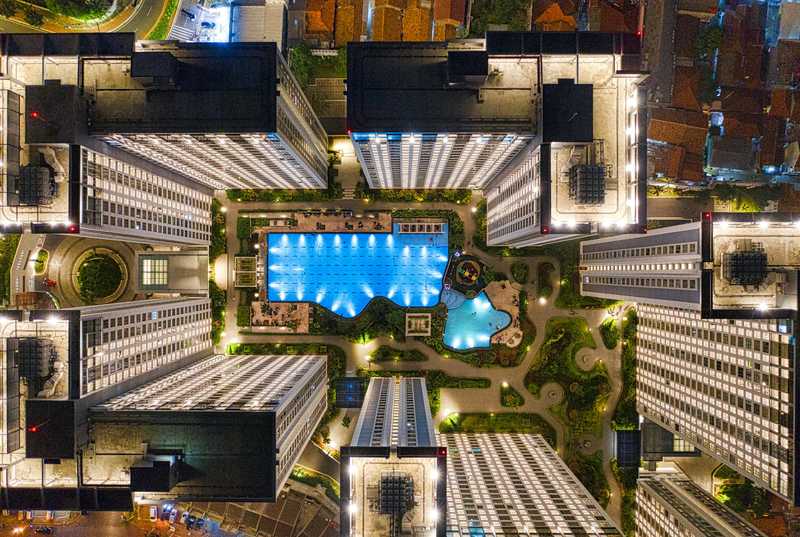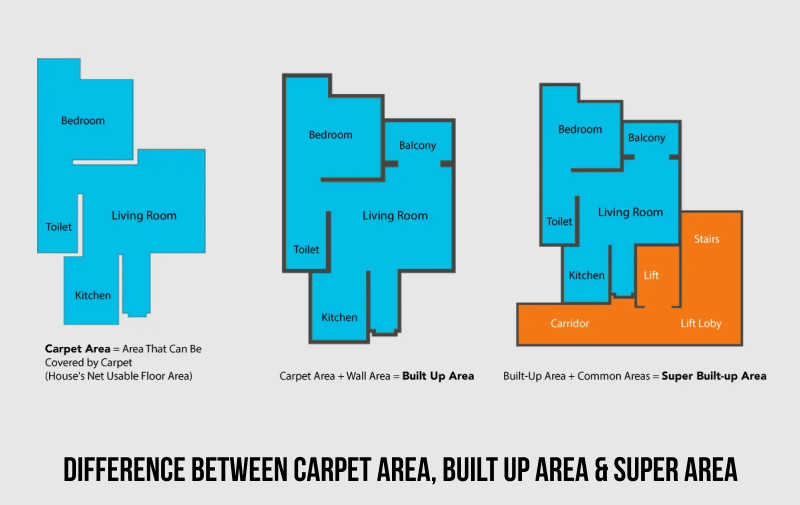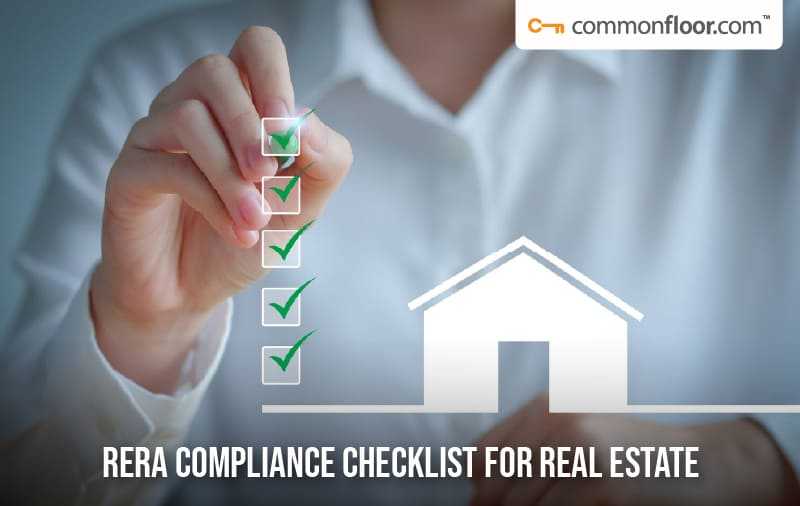Sanctions and Approvals Required For Builders
Today real estate industry is one of the booming industries which offers good opportunity for investment. The demand for property is very high and availability of home loans, and affordable property being readily available., Besides, income tax rebates encourage more and more buyers to invest in property. The builders come up with projects that suit the market demand. Innovative construction techniques and good customer service enable builders to stick in real estate business.
|
|
|
List of sanctions required for construction activity:
The builder requires to have the approval or sanctions from the concerned authority for the construction of a building. The building constructed without sanctions or deviated more than 5 per cent from approved plan levies penalty and authorities has right to demolish the building without any prior notice.Following include the list of approvals or sanctions required by builder for engaging in any construction activity:
Building Plan: A builder should submit building plan before starting the construction activities. Building plans are a graphical representation of what a building will look like after construction. Building plan ensures that building complies with building laws. Once the building plan is approved, the builder should commence construction work within two years and there should be no deviation from the sanctioned plan.
Layout approval: The builder has to get approval of layout plan from concerned authorities before starting construction of residential or commercial building. Constructing building in unapproved layout will not be given permission to be occupied or such layout plots will be treated as unlawful and exemplary penalties will be levied as per Municipal Laws. Land which is sub-divided into plots without permission from competent authority is considered illegal or unapproved layout. No facilities such as roads, drainage, street lighting will be extended in such areas.
Basic amenities: The builder should get approval from concerned authorities for electricity, water for potable and non-potable use. The building should comply with building laws for sanction or approval of basic amenities.
No Objection Certificate (NOC): The builder has to get NOC from pollution board on the project. It is essential for the approval for sewer or water supply. It is also important to get NOC from the neighboring properties to prove that builder is not encroaching any neighborhood property. Builder has to get NOC from municipality or respective authority for digging bore well. Digging bore well without NOC or approval will be levied penalty and material used for digging bore wells would be seized. In case of construction of building with lift facility, builder has to get NOC from lift authorities.
Completion Certificate: Completion certificate is mandatory for building constructed before selling or occupied. Issuing of Completion Certificate will ensure that the builder or owner has constructed the building as per approved plan.
Clear Title: The builder has to get clear title for the land or plot. Clear title ensures that the property is clear, marketable and it traces any charges or encumbrances created on the property and its present status. It enables a prospective buyer to know the chain of holdings, transfers over a period and check any dispute on the ownership of the property.
Approval for conversion of land: Some builders use agricultural land for constructing building for residential or commercial purpose. In such case builder need to get approval form concerned authority to convert agricultural land to non-agricultural (NA) purpose.
Concerned authorities for sanction or approval
The process for applying for sanction or approval is almost similar all over the country. The concerned authority having right to give sanction or approval may vary from state to sate or region to region.
Bangalore: The builder has to approach Bangalore Development Authority (BDA) for approval of layout plan and building plan. The Bangalore Development Authority (BDA) is designated as the Planning Authority under the Karnataka Town and Country Planning Act, 1961. Electricity supply in the city is managed by Bangalore Electricity Supply Company Ltd (BESCOM). The builder has to get NOC from pollution board for his project to get new water connection from Bangalore Water Sanitary and Sewage board (BWSSB). Related Article: Electricity Meter Transfer for Bangalore Apartments
Chennai: In Chennai, Chennai Metropolitan Development Authority (CMDA) regulates all physical developments within Chennai Metropolitan Area on planned lines. Sanctions for building plan and layout plan are approved by CMDA. Tamil Nadu Electricity Board (TNEB) supplies electricity in the jurisdiction or concerned areas of Chennai city. Chennai Metropolitan Water Supply and Sewerage Board (CMWSSB) supply water for citizen of Chennai city. The builder has to approach with true copy of plans sanctioned by CMDA or Corporation of Chennai or Local Authority to get new water and sewerage connection. Application forms are available in depot or Head Office and filled in forms should be submitted at the Registration counter at Head Office.
Mumbai: Mumbai Metropolitan Region Development Authority (MMRDA) is responsible for the development of Mumbai Metropolitan Region (MMR). MMRDA was set up under the Mumbai Metropolitan Region Development Authority Act, 1974. MMRDA does not permit any construction works within 30 m. of the high flood line of the rivers and drainages. Electricity supply in the city is managed by Maharashtra State Electricity Distribution Co. Ltd (MAHADISCOM). BrihanMumbai Municipal Corporation (BMC) is providing drinking water supply to Mumbai City and suburbs. Related Article: Property Registration Guide in Mumbai
New Delhi: The Municipal Corporation of Delhi (MCD) is among the largest municipal bodies in the world providing civic services. For their convenience, the Municipal Corporation of Delhi/Nagar Nigam has divided the city into twelve different zones and their offices are located in every zone. The electricity supplies in the city are from:
- BSES (Bombay Suburban Electric Supply) Yamuna Power Limited (BYPL),
- BSES Rajdhani Power Limited (BRPL) and
- North Delhi Power Limited (NDPL).
The Delhi Jal Board is responsible for the Production and Distribution of potable water after treating raw water from various sources like river Yamuna, Bhakhra Storage, Upper Ganga Canal & Groundwater and provides treatment and disposal of waste water.
List of documents required to handover to property buyers
The builder can gain good clients with quality work and good customer service. The builder should not only deal as seller of property but also assist property buyers in smooth dealing of real estate transaction. The builder will have to handover the copy of building plan approved and approved layout plan. The builder also need to handover the proof of approved floor plan to the buyer. The builder should co-operate with buyer’s advocate and give copy of document demanded for verification. During construction of the building, the builder has to get a No Objection Certificate from water and sewerage supply board, electricity board and pollution control board. The builder also has to give proof of the title of property on which construction work is undertaken and proof of undertaking agreement from the landlord. After completion of project, builder has to get completion certificate from the concerned authority to ensure that the construction of the building is as per the approved plan.









